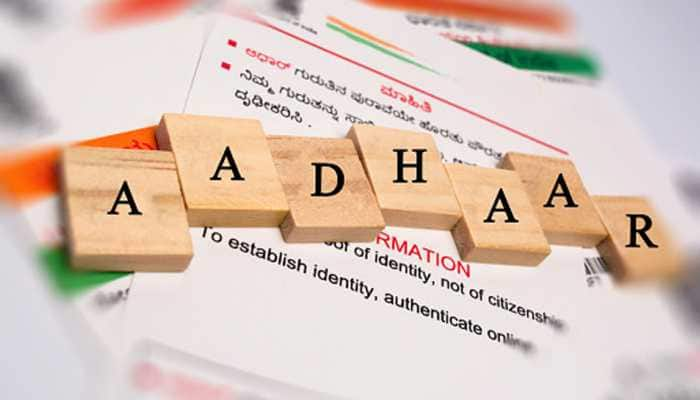Filing ITR For FY22? Here’s how to file income tax return without Form 16
The last date to file the income tax return (ITR) for the financial year 2021-22 (FY22) is July 31, 2022.
- There is another way to file ITR without the need for Form 16.
- Taxpayers can file their ITRs by simply using their payslips.
Trending Photos
)
New Delhi: The last date to file the income tax return (ITR) for taxpayers for the financial year 2021-22 (FY22) is July 31, 2022. Salaried individuals can use their Form 16, usually provided by the employer, to file their ITRs. However, taxpayers can also file ITRs without Form 16. The process, however, is complex and takes longer than filing it with Form 16. And that’s why, for self-employed individuals, earning taxable income in a financial year, filing ITR using Form 16 is a tedious task.
However, luckily, for salaried taxpayers, there is another way to file ITR without the need for Form 16. The method usually comes into action when the employer fails to provide Form 16 to its taxpaying employees on time. (ALSO READ: ITR Filing for financial year 2021-22: Here's what happens if you don't file income tax returns on July 30)
In this option, taxpayers can file their ITRs by simply using their payslips. Using the method involves Form 26 as, which is a consolidated yearly tax statement that includes information on self-assessment tax, advance tax paid by the assessee, tax deducted at source, and tax collected at source. In simple terms, the option will also help you in getting the details of your gross salary break-up, majorly exemptions, and deductions. (ALSO READ: ITR Filing for financial year 2021-22: Filing ITR with multiple Form 16? Here’s how to do it)
Taxpayers are required to enter the information from all the salary slips while submitting Form 26as. It is advisable to cross-check the information twice to make sure all the details are matching.
Fine For Missing ITR Filing Deadline
The fine for failing to submit income tax returns by the deadline is Rs 5,000. Previously, the tax authorities might have fined defaulters up to Rs 10,000. For the 2020–21 evaluation year, the fine was reduced to Rs 5000. However, for those earning less salary, the fine is even less; around Rs 1000.
Stay informed on all the latest news, real-time breaking news updates, and follow all the important headlines in india news and world News on Zee News.
Live Tv







)
)
)
)
)
)
)
)
)
)
